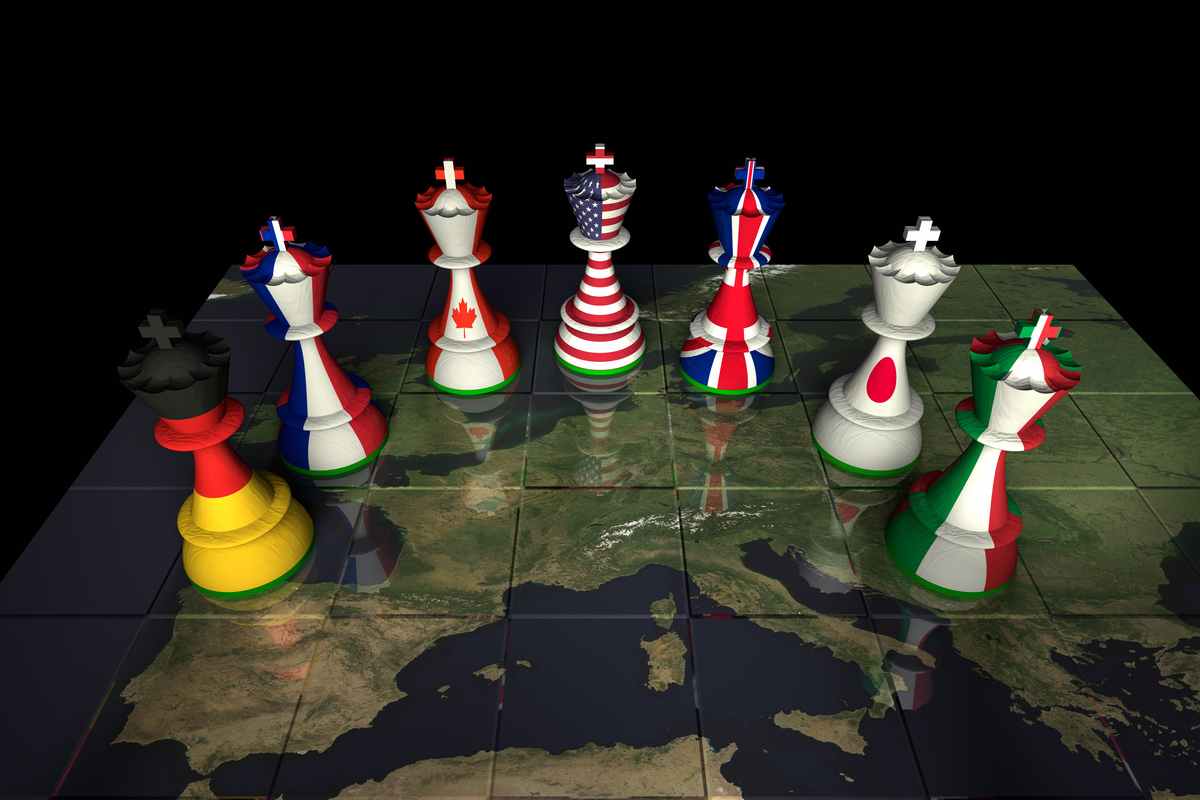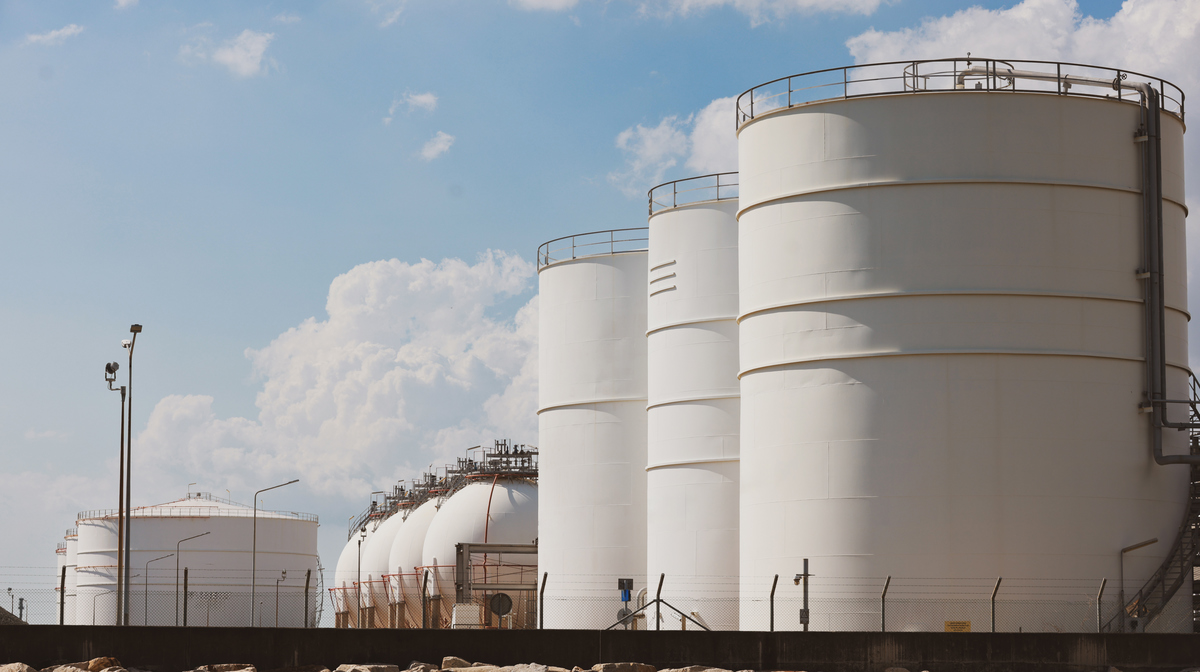Traders remain cautious after Russian price cap reports surface
Front-month ICE Brent has slumped $4.25/bbl lower on the day, to $85.00/bbl at 09.00 GMT.

PHOTO: Discussions on a G7 price cap on Russian crude must be finished before the EU embargo takes effect on 5 December. Getty Images
Upward pressure:
US commercial crude stocks fell by 3.7 million bbls to 431.7 million bbls, according to official Energy Information Administration (EIA) data. The draw exceeded expectations of a 1.1-million-bbl drop from analysts polled by Reuters.
G7 talks on setting a price cap on Russian seaborne crude oil have reached an impasse after some European nations argued that $65-70/bbl was too low, whereas others found this range too high. The price of Russian Urals crude oil is already around $68/bbl, while the cost of producing it in Russia is $20/bbl.
Two EU diplomats quoted by Reuters have said, “Poland cannot go beyond $30/bbl. Cyprus wants compensation. Greece wants more time” and “there are still differences on the price cap level. We need to proceed bilaterally.” The talks will resume this evening and must be finished before the EU embargo on Russian oil imports takes effect on 5 December.
Saudi Arabia's oil minister has meanwhile stated that OPEC+ is ready to further reduce production "if necessary" ahead of next week's OPEC+ meeting in Vienna amid concerns around tight crude supply.
Downward pressure:
According to Reuters, the EU is discussing capping the price of Russian oil at $65-70/bbl.
SPI Asset Management's Stephen Innes has explained the market's nervousness about the price cap by stating that the cap is "higher than expected" and “similar to discount Russian crude trades.” The traders, therefore, believe it will hardly impact Russian crude exports, he says.
China's National Health Bureau reports that the number of Covid cases has reached an all-time high, exceeding that at the start of the pandemic. Goldman Sachs has “cautiously lowered” China's crude oil demand forecast by 1.2 million b/d in the fourth quarter.
Further adding to the demand concerns, the Organisation for Economic Cooperation and Development (OECD) has predicted growth of only 3.1% for the world economy this year, and even more tepid 2.2% growth next year.
By Konica Bhatt
Please get in touch with comments or additional info to news@engine.online





